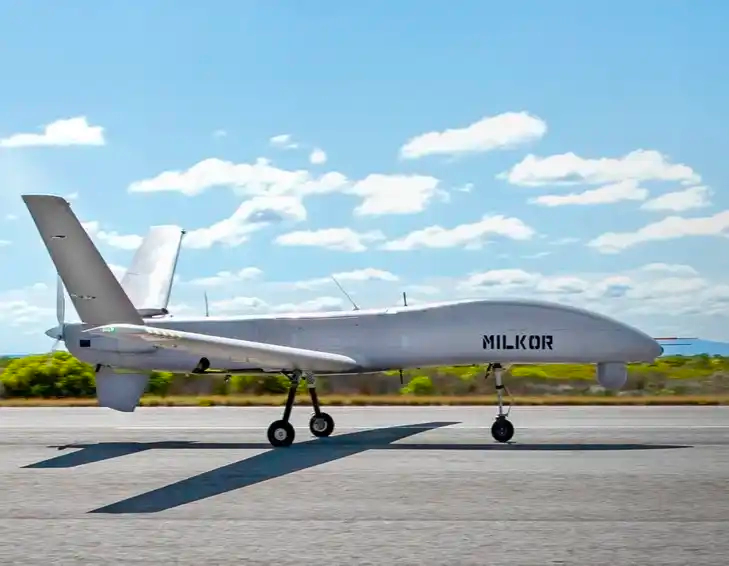The Role Of OPVs In Maritime Law Enforcement And Security

Offshore Patrol Vessels (OPVs) play a critical role in safeguarding maritime interests, ensuring security, and enforcing laws in territorial waters, exclusive economic zones (EEZs), and beyond. As maritime threats evolve and expand, offshore patrol vessel work as versatile platforms equipped to address a wide range of challenges, from illegal fishing and smuggling to piracy and terrorism.
Surveillance and reconnaissance:
OPVs are equipped with advanced sensor suites, including radar, electro-optical/infrared (EO/IR) cameras, and automatic identification systems (AIS), enabling inclusive surveillance and reconnaissance capabilities. These sensors provide real-time situational awareness, allowing OPVs to detect, track, and monitor vessels, aircraft, and maritime activities within their operational areas. By maintaining a constant vigil, OPVs deter illicit activities and facilitate rapid response to emerging threats.
Maritime domain awareness:
Effective maritime domain awareness (MDA) is essential for identifying, analyzing, and understanding activities within maritime domains. OPVs contribute to MDA by collecting, analyzing, and disseminating intelligence gathered from surveillance sensors, onboard patrols, and collaborative information-sharing networks. This shared awareness improves cooperation among maritime stakeholders, allows proactive decision-making, and strengthens maritime security efforts.
Law enforcement operations:
OPVs serve as floating bases for law enforcement personnel tasked with enforcing maritime laws and regulations. Equipped with boarding teams, small boats, and specialized equipment, OPVs conduct routine patrols, inspections, and interdictions to combat illegal activities such as smuggling, drug trafficking, and illegal fishing. Their presence acts as a deterrent, disrupting criminal operations and protecting maritime resources and ecosystems.
Search and rescue (SAR) missions:
Besides law enforcement duties, OPVs often play a vital role in search and rescue (SAR) operations, responding to distress calls, maritime accidents, and natural disasters. Their speed, endurance, and onboard medical facilities make OPVs well-suited for conducting SAR missions in remote or challenging maritime environments. By coordinating with other maritime assets and agencies, OPVs contribute to saving lives and ensuring the safety of mariners at sea.
Maritime security cooperation:
OPVs stand-in maritime security cooperation through joint exercises, patrols, and capacity-building initiatives with partner nations and international organizations. These collaborative efforts improve interoperability, intelligence-sharing, and mutual assistance, strengthening regional security architectures and promoting stability in maritime domains. By working together, OPVs contribute to combating transnational threats and maintaining a rules-based international order at sea.